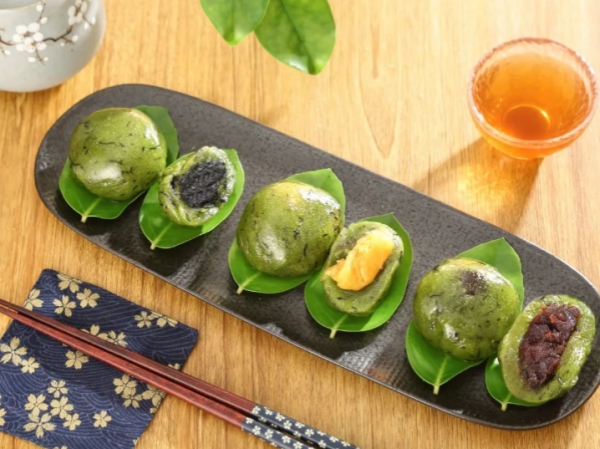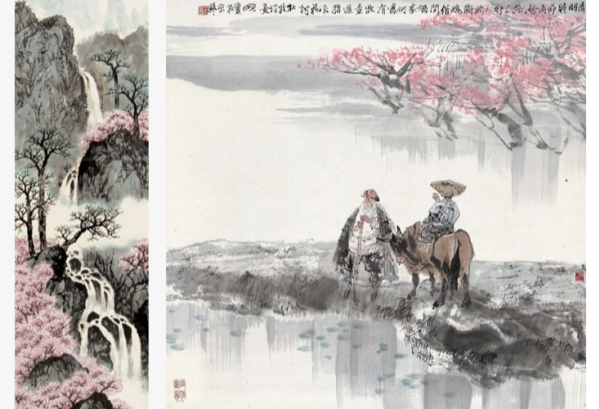Qingming Festival, bittersweet Chinese festival for honoring ancestors that is celebrated on the 15th day after the spring equinox, generally falling in early April. The main activity of the Qingming Festival is the cleaning or sweeping of ancestral tombs, and thus it is sometimes referred to as “Tomb Sweeping Day.” The festival is an ancient one, dating back at least 2,500 years in Chinese history. Beyond China it is celebrated by the Chinese diaspora and by people in and from Malaysia, Singapore, Thailand, Vietnam, and Indonesia.
The most common cold food associated with the Qingming Festival is qingtuan, round, sticky, and sweet dumplings made with glutinous rice and often filled with red bean paste. Their exteriors are green due to the addition of mugwort.
Across the history of the Qingming and Cold Food festivals, poets have written poems describing the emotions of the holidays combining the mourning over ancestors, feelings of loss, and the seasonal spring weather.
One famous poem entitled “Qingming” is attributed to the poet Du Mu (803–52):
At the time of the Qingming Festival, a light rain drizzles on,
A traveller on the road desires to escape from it all.
He asks about a tavern where he might find a place to lodge,
A shepherd boy points to the distance at Apricot Blossom village.
—Translation by Claudine Ang
Post time: Apr-03-2025




